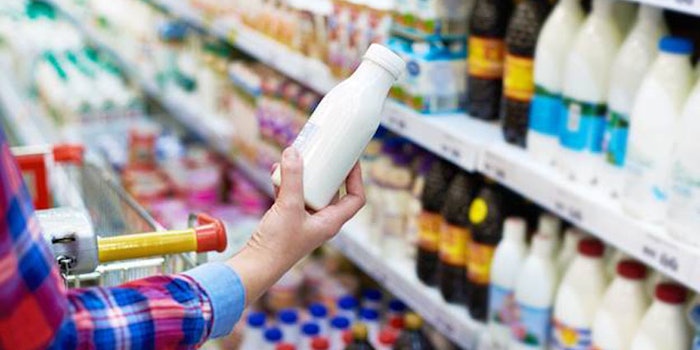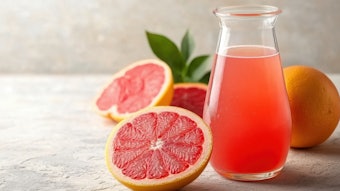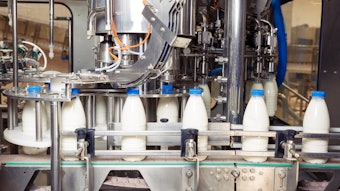
In a recent article from the Journal of Dairy Science, North Carolina State University researchers reviewed factors that influence consumer sustainability perceptions, trends and desires for sustainability and how sustainability perceptions compare to popular plant-based alternatives.
Related: Italian Citrus Report: Perspectives on the Season 2021/2022
Consumer perception of sustainability is impacted by different factors, including packaging, labeling, animal welfare, organic status, grass-fed or pasture-raised feeding systems, and local and clean label perceptions. Oftentimes, there is a disconnect between the consumer understanding and the industry definition of sustainability. The authors of the study delved into the differences between sustainability definitions and consumer perception, and how strategic marketing could better educate consumers.
The three pillars of sustainability include environmental factors, consisting of water and land usage, greenhouse gas emissions and reliance on nonrenewable energy sources; economic factors, consisting of price of products and the ability of producers to remain profitable; and social factors, including the proportion of jobs held by undocumented workers and animal welfare.
However, the authors of the study found that promotion of nonconventional dairy as a sustainable alternative could be more of a hindrance to the dairy industry and ultimately reduce consumer opinion and willingness to pay for conventional dairy. The study proposes use of strategic marketing and a consumer-centric approach to education to positively impact consumer perception of the dairy industry and dairy products.
Author Angelina Schiano, Ph.D., Department of Food, Bioprocessing and Nutrition Sciences, Southeast Dairy Foods Research Center, North Carolina University, said, “Consumers themselves have varied perceptions, definitions and options of sustainability that vary between categories and products within the dairy industry. Understanding where sustainability definitions overlap and diverge is more than a pedantic exercise; these definitions shape public opinion and policy and failing to consider the full ramifications of a chosen definition can have widespread consequences on the industry, the environment and human quality of life.”
Schiano added, “Cognitive overlap can result in halo effects that profoundly affect perception and purchase intent. For example, a product marketed as sustainable may be seen by consumers as healthier, or a product marketed as natural may be seen as more sustainable. This suggests that the most effective label claims to increase sustainability perception of organic milk are those that incorporate other aspects of sustainability along with organic status.”
Want to know everything going on in flavor & fragrance? Sign up for P&F+'s newsletter. You can also follow along on Instagram and LinkedIn.










